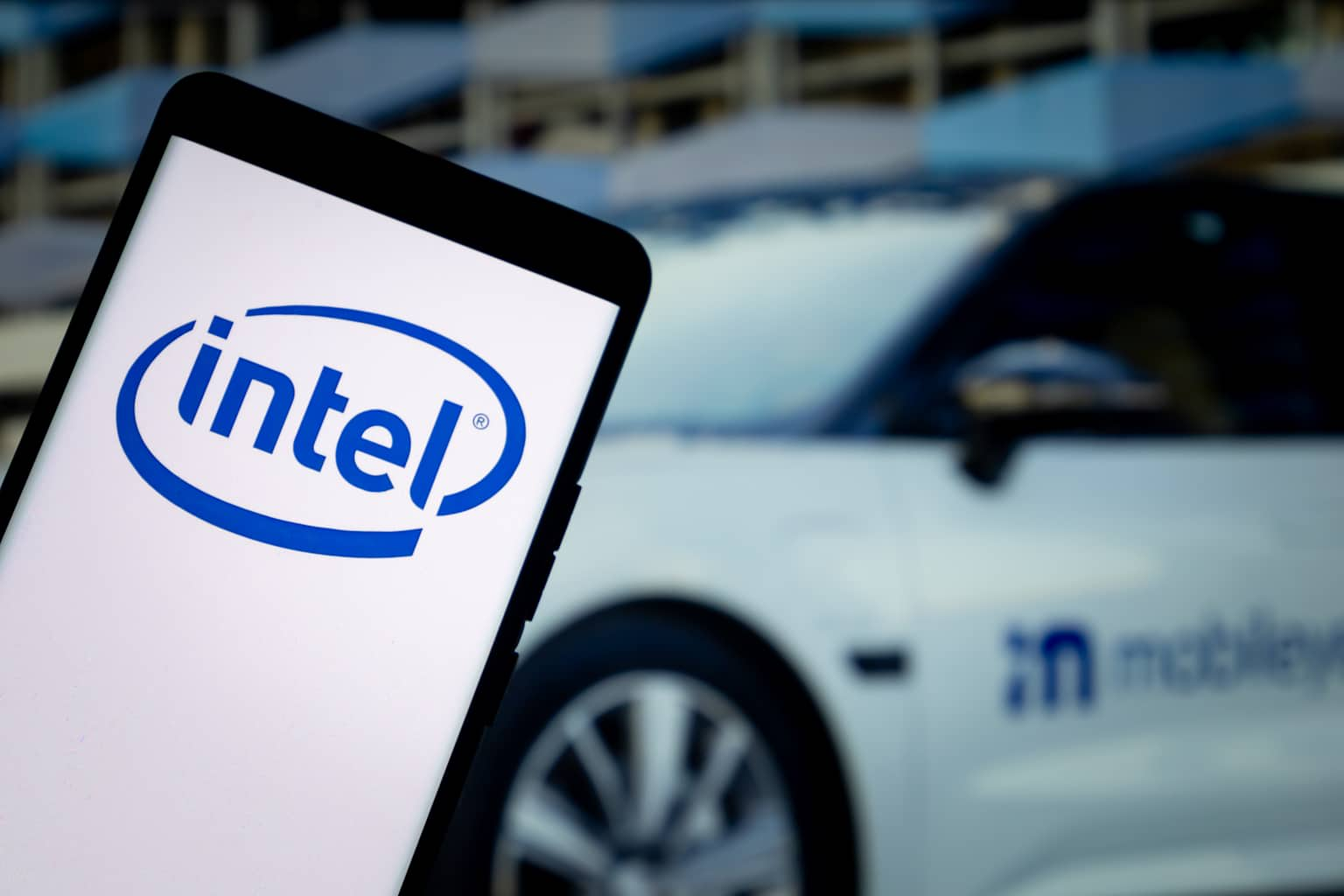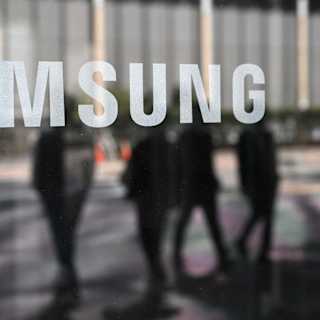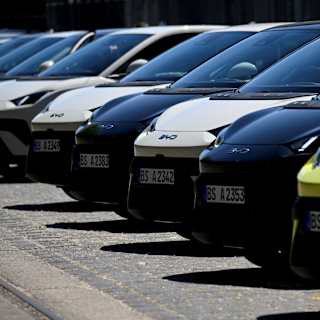- Automotive Exit Reflects Strategic Shift
- Broader Workforce Reductions Underway
- Financial Pressures Mount
Intel confirmed Tuesday it will shutter its automotive division and lay off most employees in the unit, marking the latest cost-cutting measure as the chipmaker struggles with mounting losses and intensifying competition.
The closure affects a division that designed chips for more than 50 million vehicles worldwide, powering infotainment systems, electric vehicle management, and driver assistance technologies. The move is part of a broader restructuring under CEO Lip-Bu Tan, who has warned employees to expect "several months" of layoffs as the company seeks to save $17 billion in 2025.

Intel communicated the shutdown to employees in an internal memo Tuesday morning, according to The Oregonian/OregonLive1. The company said it will honor existing contracts with vehicle manufacturers but will dissolve the unit that developed its automotive platform.
"We are refocusing on our core client and data center portfolio to strengthen our product offerings and meet the needs of our customers," Intel said in a statement1. The decision comes just six months after the automotive business showcased new technology at CES 2025 in Las Vegas12.
The closure does not affect Mobileye, the Israeli autonomous driving company that Intel acquired in 2017 for $15.3 billion and later spun off as a public company while retaining majority control13.
The automotive shutdown represents one element of Intel's sweeping job cuts. The company filed notices with California regulators showing it will eliminate 107 positions across four Silicon Valley facilities starting July 151. Manufacturing divisions face cuts of up to 20 percent of their workforce23.
Intel has also outsourced marketing operations to Accenture, resulting in additional layoffs4. The company's headcount has already dropped from 125,000 in 2023 to approximately 109,000 today1.
The restructuring comes amid a prolonged financial slump. Intel posted a net loss of $821 million in the first quarter of 2025 and expects losses of nearly $1.4 billion in the second quarter12. The company recorded an $18.8 billion loss in 2024 on revenue of $53 billion2.
"These are difficult actions but essential to meet our affordability challenges and current financial position of the company," wrote Naga Chandrasekaran, Intel's vice president of manufacturing, in a company-wide memo1.
Intel has fallen behind competitors like Nvidia in artificial intelligence chips and faces pressure from rivals including IBM and Samsung in traditional semiconductor markets3. Under Tan's leadership, the company now only develops chips with potential gross margins exceeding 50 percent2.





